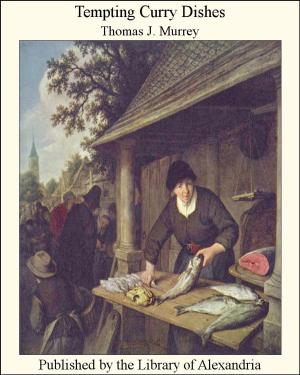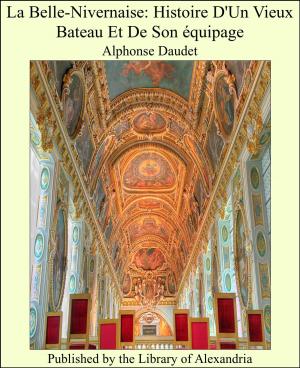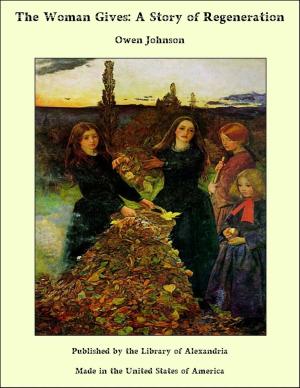Literary Love-Letters and Other Stories
Nonfiction, Religion & Spirituality, New Age, History, Fiction & Literature| Author: | Robert Herrick | ISBN: | 9781465551627 |
| Publisher: | Library of Alexandria | Publication: | March 8, 2015 |
| Imprint: | Language: | English |
| Author: | Robert Herrick |
| ISBN: | 9781465551627 |
| Publisher: | Library of Alexandria |
| Publication: | March 8, 2015 |
| Imprint: | |
| Language: | English |
A MODERN ACCOUNT NO. I. INTRODUCTORY AND EXPLANATORY. (Eastlake has renewed an episode of his past life. The formalities have been satisfied at a chance meeting, and he continues.) … So your carnations lie over there, a bit beyond this page, in a confusion of manuscripts. Sweet source of this idle letter and gentle memento of the house on Grant Street and of you! I fancy I catch their odor before it escapes generously into the vague darkness beyond my window. They whisper: "Be tender, be frank; recall to her mind what is precious in the past. For departed delights are rosy with deceitful hopes, and a woman's heart becomes heavy with living. We are the woman you once knew, but we are much more. We have learned new secrets, new emotions, new ambitions, in love—we are fuller than before." So—for to-morrow they will be shrivelled and lifeless—I take up their message to-night. I see you now as this afternoon at the Goodriches', when you came in triumphantly to essay that hot room of empty, passive folk. Someone was singing somewhere, and we were staring at one another. There you stood at the door, placing us; the roses, scattered in plutocratic profusion, had drooped their heads to our hot faces. We turned from the music to you. You knew it, and you were glad of it. You knew that they were busy about you, that you and your amiable hostess made an effective group at the head of the room. You scented their possible disapproval with zest, for you had so often mocked their good-will with impunity that you were serenely confident of getting what you wanted. Did you want a lover? Not that I mean to offer myself in flesh and blood: God forbid that I should join the imploring procession, even at a respectful distance! My pen is at your service. I prefer to be your historian, your literary maid—half slave, half confidant; for then you will always welcome me. If I were a lover, I might some day be inopportune. That would not be pleasant
A MODERN ACCOUNT NO. I. INTRODUCTORY AND EXPLANATORY. (Eastlake has renewed an episode of his past life. The formalities have been satisfied at a chance meeting, and he continues.) … So your carnations lie over there, a bit beyond this page, in a confusion of manuscripts. Sweet source of this idle letter and gentle memento of the house on Grant Street and of you! I fancy I catch their odor before it escapes generously into the vague darkness beyond my window. They whisper: "Be tender, be frank; recall to her mind what is precious in the past. For departed delights are rosy with deceitful hopes, and a woman's heart becomes heavy with living. We are the woman you once knew, but we are much more. We have learned new secrets, new emotions, new ambitions, in love—we are fuller than before." So—for to-morrow they will be shrivelled and lifeless—I take up their message to-night. I see you now as this afternoon at the Goodriches', when you came in triumphantly to essay that hot room of empty, passive folk. Someone was singing somewhere, and we were staring at one another. There you stood at the door, placing us; the roses, scattered in plutocratic profusion, had drooped their heads to our hot faces. We turned from the music to you. You knew it, and you were glad of it. You knew that they were busy about you, that you and your amiable hostess made an effective group at the head of the room. You scented their possible disapproval with zest, for you had so often mocked their good-will with impunity that you were serenely confident of getting what you wanted. Did you want a lover? Not that I mean to offer myself in flesh and blood: God forbid that I should join the imploring procession, even at a respectful distance! My pen is at your service. I prefer to be your historian, your literary maid—half slave, half confidant; for then you will always welcome me. If I were a lover, I might some day be inopportune. That would not be pleasant















